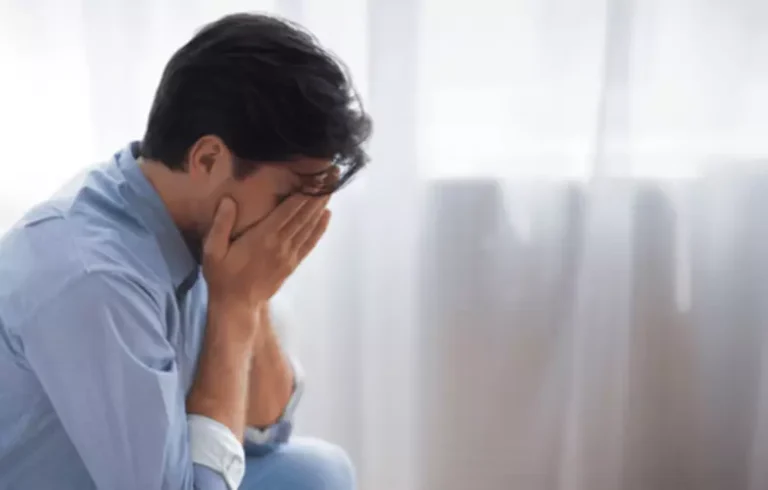
Sober living homes are structured living spaces that are free from drugs and alcohol. They provide safe, affordable, and supportive housing for people in recovery and mash sober housing are financially sustained through resident fees. Given the proliferation of these new state licensure schemes, there should be more judicial decisions on the mandatory and voluntary licensure and certification programs being enacted by states, as operators face difficulties complying with the new laws and regulations.
Services
- While there have been many lawsuits over local municipalities’ attempts to regulate or otherwise limit sober living facilities, there are few reported cases where plaintiffs have challenged the statewide licensure or certification regulations.
- You should be aware that extra considerations need to be made to build a comfortable and secure atmosphere for everyone.
- A halfway house offers the individual more freedom with fewer rules than a jail while providing the structure that many need.
- The mission of a sober living home is to provide a safe and supportive environment for individuals in recovery from substance abuse.
- Financial obligations are also critical, with residents expected to pay rent and contribute to living expenses to prepare for independent living.
Learn about the benefits of these programs and how they help people move from intensive addiction treatment to life. To attract residents to your sober living home, you need to market your services effectively. Highlight the benefits of your program, such as a supportive community, structured schedule, and access to counseling and therapy.
Considering Opening a Sober Living Home in Florida? Here’s How.

While only three states have imposed mandatory licensing requirements for sober living homes, seven other states have begun voluntary certification programs for sober living homes. The mission of a sober living home is to provide a safe and supportive environment for individuals in recovery from substance abuse. The goal is to help residents maintain sobriety and transition back into society successfully. As sober living homes do house former substance abusers, certain protections have been put in place to ensure recovery housing is made available for people who need it. Federal, state and local governments all have a say on how recovery housing is regulated.
Community-Based
A sober living home should provide a structured and supportive environment that promotes accountability, responsibility, and recovery. The IRS requires that all nonprofit organizations, including sober living homes, obtain tax-exempt status. To obtain tax-exempt status, you will need to file Form 1023 with the IRS and meet certain requirements, such as having a charitable purpose and not engaging in political activities. Once you obtain tax-exempt status, you will be exempt from federal income tax and may be eligible for other tax benefits.
- It remains to be seen whether these licensure and certification requirements will survive the inevitable federal legal challenges from operators and other stakeholders.
- In Part 2, we’ll discuss state funding limitations and local restrictions enforced at the city and county level.
- Ensure that your home is free of drugs and alcohol, and create an environment that promotes sobriety and recovery.
- Sober living homes are structured living spaces that are free from drugs and alcohol.
Problems Getting Insurance Coverage for Drug Rehab? You Are Not Alone.
But with every part of addiction treatment, you must have good information about the facility in order to protect your loved one and help insure their success in recovery. In addition, some legal practitioners in the field, like attorney Kim Savage, assert that sober-living homes are subject to federal and state privacy protections along with the protections under the FHA and ADA (Savage, 1998). For example, the Fourth Amendment to the United States Constitution protects “the right of people to be secure in their persons, houses, papers, and effects, against unreasonable searches and seizures” (US Const. amend. IV). Most states also have laws that protect citizens’ rights to not to be disturbed in their private affairs or have their homes invaded without legal authority.


Ms. Savage has argued that unrelated individuals inhabiting sober-living homes have the right to reside together in a group setting without intervention from the government pursuant to privacy laws at the federal and state levels. She notes that many courts have agreed that individuals residing together Twelve-step program in a family-like way or as a single housekeeping unit constitute a family for purposes of land use and zoning regulations (Savage, 1998). Operators of sober-living residences, and the treatment facilities that refer patients to them, must stay informed of applicable rules and regulations. States like Maryland, Massachusetts, Missouri, Rhode Island and Pennsylvania have voluntary certification programs for their sober living homes – but they come with a catch.




